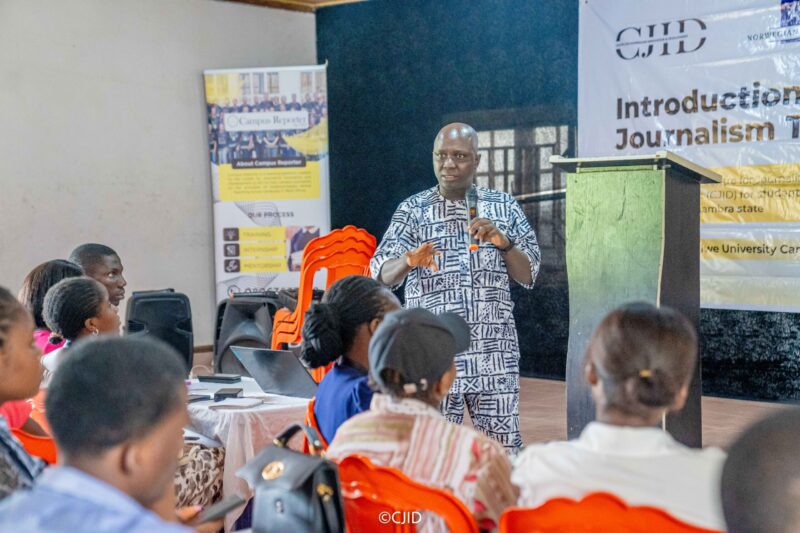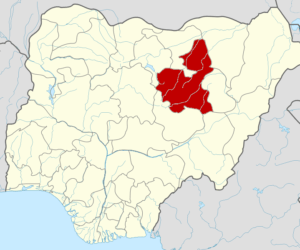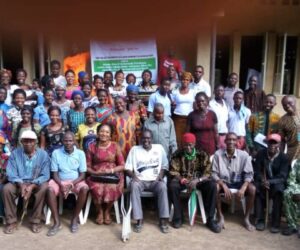Over 40 students of three tertiary institutions in Anambra State have been trained on the core aspects of journalism, including investigative reporting and fact-checking.
The three-day training was part of the Next Gen/Campus Reporter project of the Centre for Journalism Innovation and Development (CJID), with support from the Norwegian Embassy in Nigeria.
The training, which took place at the Nnamdi Azikiwe University (UNIZIK) campus between 27 and 29 August, was attended by campus journalists and Mass Communication students from Nnamdi Azikiwe University, Awka (UNIZIK), Chukwuemeka Odumegwu Ojukwu University, Igbariam, and the Federal Polytechnic, Oko.
With a focus on ethical reporting, fact-checking, and the role of artificial intelligence (AI) in modern journalism, the training provided opportunities for the young writers to gain practical knowledge from mainstream media practitioners and develop their skills for a career in journalism.
Other key areas of journalism covered during the training programme included basics and elements of feature reporting, data analysis and visualisation techniques, political literacy, safety tips for campus journalists, and gender-sensitive and inclusive reporting.

During his class on ethics, the Managing Editor of Premium Times, Idris Akinbajo, described ethics as “the moral principles that guide practitioners in knowing what is right and wrong.”
He highlighted accuracy, truthfulness, objectivity, and fairness as some global ethical standards of journalism. He also introduced participants to news values such as timeliness, impact, proximity, and oddity and stressed the importance of tailoring stories for different audiences by localising, nationalising, or globalising news.
“Every journalist must understand how to make news relevant. To reach people effectively, sometimes you have to bring a global story home, and other times you have to show how a local story connects to the wider world,” he said.
On her part, the Deputy Director of the Journalism Programme at CJID, Busola Ajibola, led a session on gender-sensitive reporting and inclusive storytelling. She emphasised the need for journalists to represent diverse voices in their works and avoid reinforcing stereotypes, especially when covering stories involving women and marginalised groups.
“A data report from Dataphyte showed that women’s and children’s opinions are poorly represented and underreported. We have to change the narrative by employing inclusive reporting and avoiding stereotyping,” Mrs Ajibola stated.
During the session on “Leveraging AI to Enhance Journalism in Nigeria,” she encouraged the students to utilise the numerous AI tools available to their advantage, while also urging them to verify the information provided by Artificial Intelligence, as it can be biased.

“Journalists are already using AI in the media space, and there is no going back,” Mrs Ajibola said. “But in its usage, always try to maintain human oversight and ensure accuracy at all times in your report.”
The Deputy Director of the Accountability Programme at CJID, Mboho Eno, took the session on youth participation in politics, elections, and governance. Lois Ugbede of Dubawa took the trainees on fact-checking. She emphasised accuracy, transparency, accountability, and fairness as the cornerstones of verification.
Other facilitators who trained the students were Amina Miango, a project manager at CJID, and Adijat Kareem, a lawyer.
To test their hands-on practical skills, the students were put into four groups, likened to newsrooms, and were asked to write a news report at the end of the training. Mr Akinbajo and Mrs Ajibola reviewed each report and provided the necessary corrections. They said they were impressed with the overall quality of the reports.
At the end of the workshop, participants described the training as impactful and timely, particularly ahead of the forthcoming Anambra governorship election, where ethical and fact-based reporting will be critical.
READ ALSO: Imo reacts to CJID’s ranking as most dangerous state for journalists
One of the participants, Abigail Mbah, said the training significantly improved her understanding of data journalism and news writing. “Now I can write news in both local and global formats. I look forward to putting my new knowledge to use,” she said.
Another trainee, Nnamdi Igwe, said that despite spending four years studying Mass Communication at the university, he had never experienced such an intensive and impactful training. “I never knew how to write news and feature reports throughout my time as an undergraduate in Mass Communication, but CJID has given me this opportunity. I will put everything I’ve learned into practice,” Mr Igwe said.
Commending CJID for the capacity-building training, Allen Adum, a professor and head of the Department of Mass Communication at UNIZIK, expressed appreciation for the initiative, highlighting its importance in enhancing the skills and knowledge of students and young journalists.
The Campus Reporter project, launched in 2017 by CJID, is designed to build the capacity of young journalists across Nigerian universities and polytechnics. The project has trained hundreds of students on ethics, accountability reporting, fact-checking, and investigative journalism. Many alumni have since progressed into mainstream media, contributing to a culture of truth and accountability in the country’s democracy.










